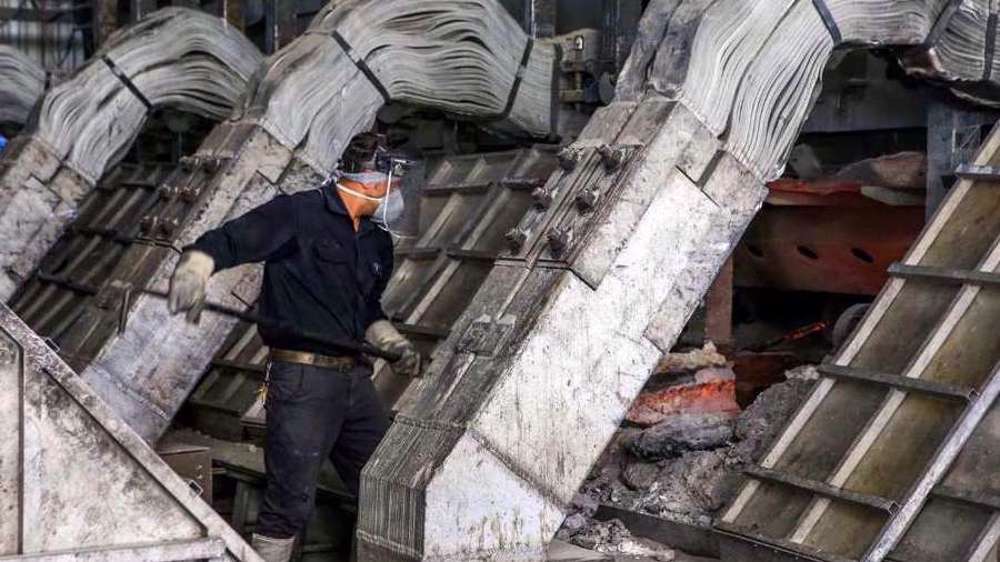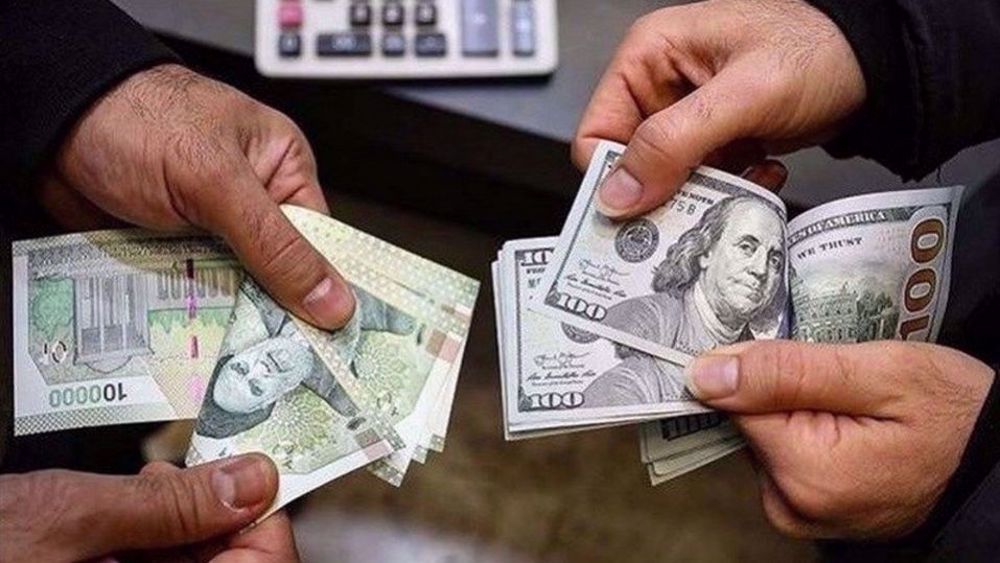Iraq setting up own SPV to pay off Iran debt: Report
Iraq is lining up a special purpose vehicle (SPV) of its own, mirroring a European trade mechanism, to continue vital gas and electricity imports from Iran, senior Iraqi officials have said.
The Arab country has long been in a war of sorts with the US which wants the imports be halted in line with Washington’s policy of “maximum pressure” on the Islamic Republic.
But Iraqi officials have reportedly talked American authorities out of their recalcitrance, citing their sheer reliance on Iranian gas and electricity to avoid a repeat of violent protests over power shortages which hit Basra and other cities last year.
Iran accounts for about a third of Iraq’s power supply, including 1,400 megawatts in direct exports and 28 million cubic meters of gas which fuels power stations near Baghdad and other main cities.
For their run-of-the-mill sustenance, Iraqis also depend on Iran for many things from food to machinery, fruits and vegetables.
The US is furious with this level of interdependence, seeing it as a key hurdle to its policy of keeping Iran into a chokehold over Tehran’s refusal to submit to Washington’s demands.
However, Iraq has received one waiver after another since US sanctions on Iran went into effect in November.
The last waiver came last month when Iraqi officials said the United States had given their country a new 90-day extension to import electricity and natural gas from Iran.
The countries are now working out a financial “loophole” similar to the European Instex to pay for imported Iranian energy in Iraqi dinars, AFP quoted three senior Iraqi officials as saying.
Months of talks
The news agency cited what it called a senior government official as saying that the mechanism was the product of months of talks between Iraqi, Iranian and US officials.
Iraq currently has an outstanding debt of around $2 billion for previous gas and electricity purchases from Iran.
"How else is Iraq supposed to pay what it owes Iran? We have no other choice," AFP quoted one unnamed Iraqi official as saying.
According to Iraqi officials, Iran cut electricity supplies to Iraq due to unpaid bills last July, which affected Dhi Qar, Maysan and Basra provinces, sparking violent protests.
On Sunday, Iraqi demonstrators set fire to the municipal administration building in Dhi Qar in protest against the lack of public services, including electricity. Cuts in electricity supplies have come at a time when the temperatures are close to 50 degrees Celsius.
So far, there have been no cuts to Iran’s electricity supplies, despite reports of an unprecedented surge in electricity use which the local media has blamed on growing cryptocurrency mining.
Last week, Iran Grid Management Company (IGMC) reported the country’s power exchanges with neighboring countries at 1,501 MW, which included 1,304 MW in Iranian exports.
Officials said Iran will add 1,300 megawatts of new power capacity to its national grid this week.
In February, Iran and Iraq signed an agreement on a payment mechanism which is to facilitate the settlement of Baghdad’s debts to Tehran.
Under the new mechanism, "the Iraqi government will continue to pay Iran for gas by depositing money into a special bank account inside Iraq, in Iraqi dinars," the unnamed official told AFP.
"Iran will not be able to withdraw the money, but will be able to use it to purchase goods from outside Iraq."
Other Iraqi officials said Baghdad's SPV would likely be set up at the Trade Bank of Iraq. AFP quoted a TBI source as saying that the bank had been involved in the negotiations but the account had not yet been created.
"We are in discussions to reach an agreement, which would be fully within US exemptions."
One official said Iraq would be like “Iran's ATM” under the new mechanism, through which Tehran would probably import goods from outside the Arab country.

Iran’s aluminum output down by nearly 5% in year to March

Iran currency surges on positive news from Iran-US talks

The implications of Trump’s trade war for Iran
Next round of negotiations between Iran and US will take place in Europe: Deputy FM
US airstrikes on Yemeni factory kill 6 civilians
Yemeni armed forces shoot down 19th American drone
Israeli settler attacks, displacements increase in the occupied West Bank: OCHA
Protesters gather in Times Square demanding release of Mahmoud Khalil
Yale's decision to terminate Dr. Helyeh Doutaghi aimed to silence anti-genocide voices: Activists
Iran’s aluminum output down by nearly 5% in year to March
Missiles fired from Yemen triggers sirens in Israeli-occupied territories, closes airport









 This makes it easy to access the Press TV website
This makes it easy to access the Press TV website